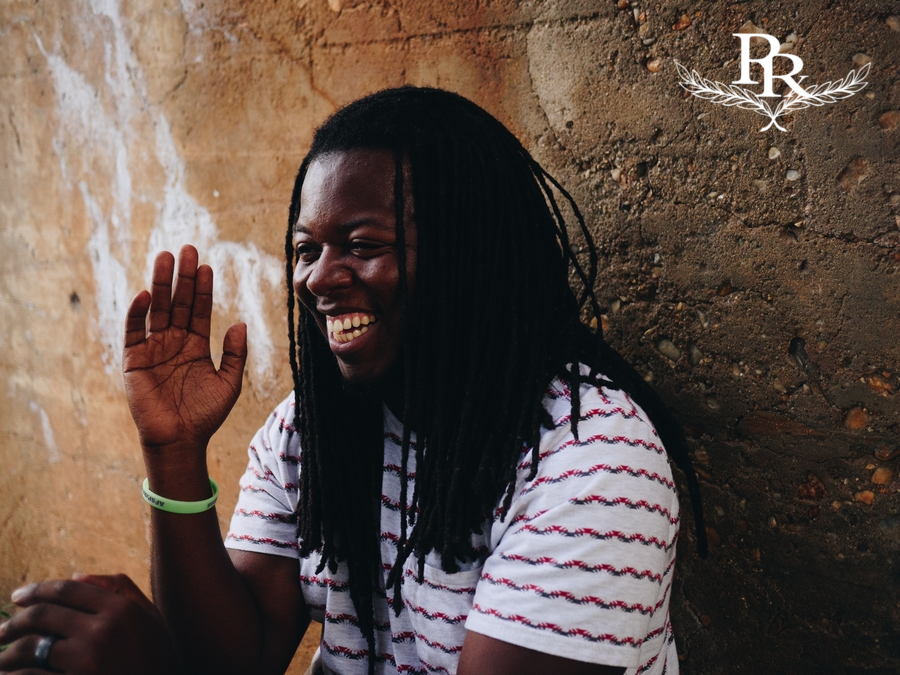In our culture, people place various meanings on locs. Depending on who you are and where you’re from, your locs may mean different things. Not to mention, the history of dreadlocks is often misunderstood. Get to know the history of locs, where they may have originated, and what meaning this unique and natural process holds.
The History of Locs and Their Meaning
The earliest recordings of locs
Locs in history date back as early as 2500 BC where Hindus wore locs (or “jaTaa” in the Sanskrit language). Others state the style started with the Egyptians. Historians have discovered mummified Egyptian pharaohs with their locs still intact. Tomb carvings and drawings also depicted these ancient leaders wearing their hair locked. While many people will argue where locs truly originated, there are accounts of these locked crowns in pretty much every civilization in history. And most of the time, there was a spiritual meaning of dreadlocks connected to religious beliefs.
The beginnings of Rastafarianism
Former Emperor of Ethiopia, Haile Selassie, is known as the messiah and founder of the Rastafari movement which started in Jamaica in the 1930s. He was seen as the messiah who would lead the people of Africa to freedom.
Marcus Garvey is the scholar who took Selassie’s teachings and encouraged Pan-Africanism, an African-centered religion and lifestyle. He advocated for black empowerment, the unity among people of African descent, and returning to the Motherland of Africa.
Rastafaris preached how the Bible says Jesus will return as the Lion of Judah. So, they grew their hair into locs to resemble a lion’s mane and the second coming of their powerful leader. To some, locs were a symbol of letting go of material possessions and worldly vanity. To others, they’re meant to rebel against conformity. Many more also believe that the longer your locs are, the closer you are to God.
Although Rastafarianism and the history of dreadlocks was in existence long before the 1970s, singer/ songwriter and cultural icon, Bob Marley, helped immensely to bring this movement into popularity. When he arrived on the scene, people began to associate Jamaican culture, the Rastafari movement, and locked hair with Bob Marley.
Another Rastafari belief is that knotted hair can prevent energy from escaping the top of your head. When this happens, the energy remains in the body to aid in strength of mind, body, and spirit. Locs were said to be a sign of strength and inner power, which supports the story of Samson and Delilah in The Old Testament of the Bible. When his long hair was cut, Samson lost his immense strength.
The misunderstanding about locs and their meanings is often connected to the terms we use to describe it. The term,“dreadlocks” came about in a time where Africans were forced to make themselves more “presentable” and European-esque in order to be sold into slavery. However, the norm before this outside influence was to allow our hair to grow and often allow the freeform process to begin. Thus, dreadlocks would form. Many outside of the culture would refer to people with locked hair as “those dreaded people” because they saw us as frightening.
Because dreadlocks provoked and rebelled against the European norm, outside response was (and often still is) negative. Locs were seen as threatening and meant to destabilize society. However, this process of hair locking is natural; it shows the strength and durability of black hair, and is something to be revered and celebrated.
Wearing locs today
Today, the process of growing dreadlocks and locs has become a more mainstream way of wearing your hair. Hip hop artists like KRS-One and Busta Rhymes play a major part in bringing locs into mainstream media. Celebrities like Ava Duvernay and Toni Morrison wear the more maintained and shaped locs, while others like Jaden Smith and The Weeknd are bringing freeform dreads to the forefront.
At one point in history, we were crowned people, and the hair on our heads declared that. As time passed, we became “dreaded.” But, as our culture advances and continues to change the perspective on this natural process, we are showing that locs can be professional, are beautiful, and definitely aren’t going anywhere any time soon.
Because there are so many different accounts of where locs originated, it’s best to do your research. Learn something about the origin of this process, define what it means for you, and start the conversation in your community about dropping the negative stigma surrounding them.
What Do Your Locs Symbolize for You?
Our natural hair salon in Las Vegas understands that no matter who you are, no matter where you’re from, your locs can hold a significant meaning. And, no matter the meaning behind your locs, they’re beautiful because they’re your natural, God-given hair.
Join the conversation. Visit our Facebook page and tell us why you started your locs and what makes you love them so much.


I love my locs they make me feel free and confident at peace with myself
I commented a Rastafarian on how beautiful his dreadlocks were. He replied in his Jamaican accent “There’s nothing dreadful about my locs gal.” Ever since then I call them Locs. I’ve had mine for over 13 years and luv them.